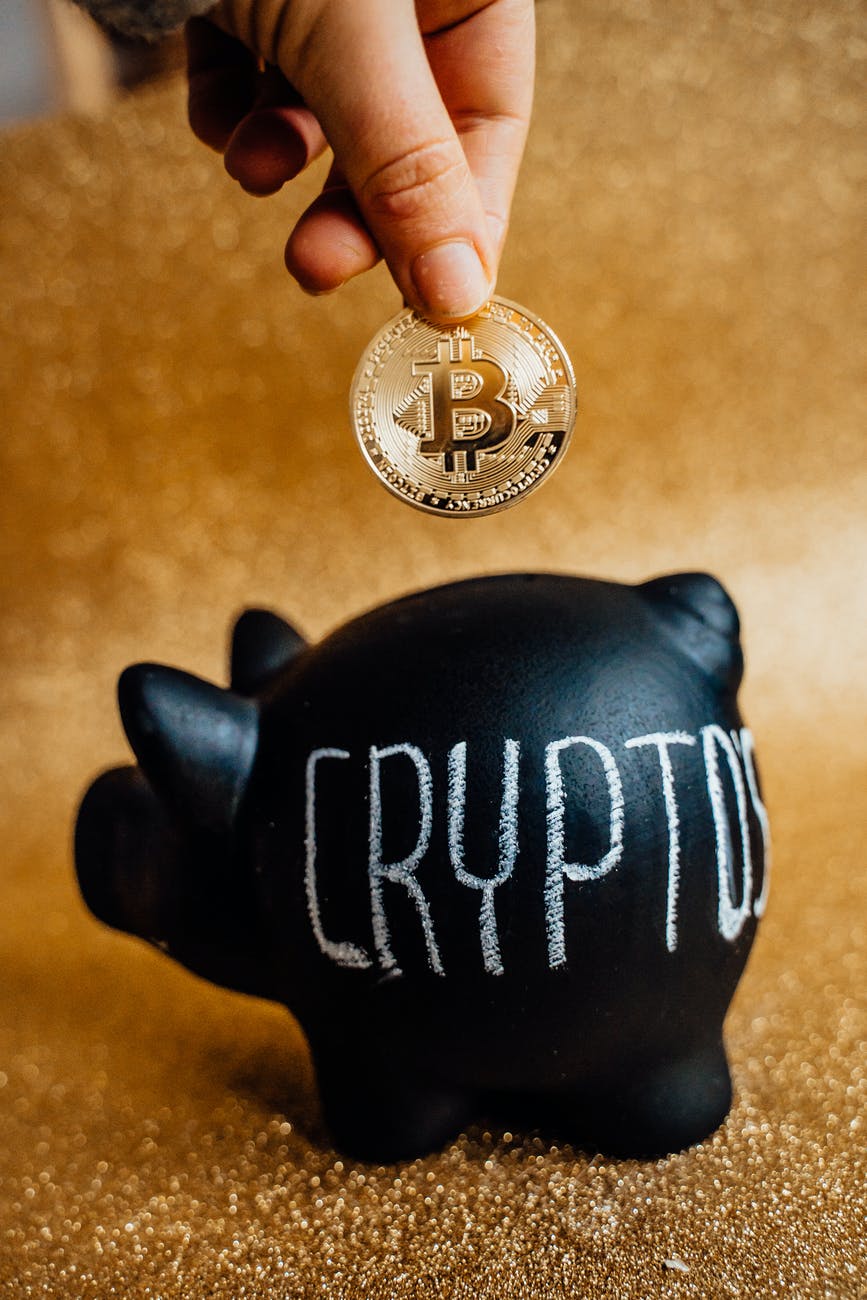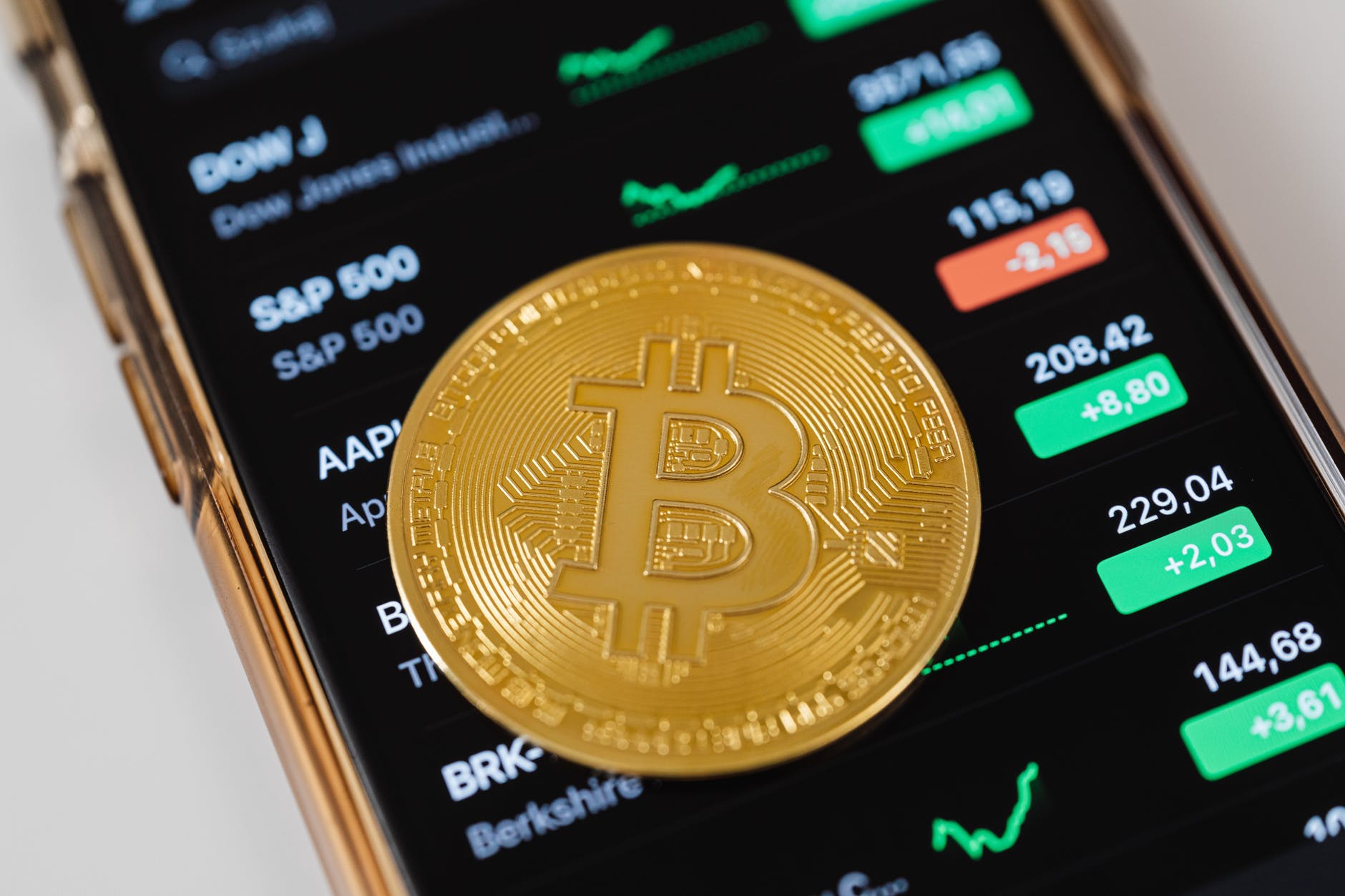Cryptocurrency and the Unbanked: How the Blockchain Can Benefit the Impoverished

I recently came across a paper prepared by students from Columbia’s School of International and Public Affairs that delves into the benefits that cryptocurrency and the blockchain can provide to the world’s unbanked. Specifically, the paper discusses how cryptocurrencies can help with “reaching and benefitting the unbanked/underbanked people, who do not make use of traditional financial services, including banks.” Gemini Trust Company, LLC, one of the more prominent crypto exchanges, requested the paper and Columbia’s students spent their spring semester researching the topic and conducting interviews. The paper is available online here.
Those that comprise the “unbanked” may be a part of that group for several reasons. Often times these individuals live within extremely poor and rural regions, without the infrastructure to support a physical bank location, or provide the electricity or internet access to facilitate online banking. Furthermore, individuals in some of the poorest regions may even lack the necessary identification to pass minimum KYC requirements. Compliance standards aside, how can a bank hold the assets of a person if they don’t even know who they’re holding it for? For this paper, the students focused on Mexico, India, and Indonesia, but these unbanked populations exist across the globe.
The most obvious financial service lacking for these populations is the ability to send and receive funds. For most of us, we may take for granted how easily we’re able to move money around, through the use of credit cards or banking transfers, or through companies like PayPal and Venmo. We can send large sums of money to our friends and family with a few taps on our phones, without ever leaving our couches. This is not the reality for many around the world.

For example, many migrant workers in the United States frequently send money back to their families that remain in their home countries. Even if the worker is able to obtain access to the banking system, often times their intended recipients cannot. As such, many rely on money wire services that are often much more expensive, which leads to the poorest often paying the most in fees. Many cryptocurrencies can instead provide instant transactions, across international borders, for mere pennies regardless of the amount being moved.
Furthermore, the financial ecosystem built upon the blockchain continues to build itself out, and the burgeoning decentralized finance world can offer further services to the unbanked. Companies like Aave and Compound currently provide decentralized borrowing and lending services that don’t require KYC or credit scores. The system is instead automated through the use of smart contracts and only requires certain collateralization thresholds. Obtaining any kind of substantive loan in the poorest parts of the world is virtually unheard of, but the decentralized finance industry will make it possible in the very near future. This is just one example in a continuously expanding field.

While most focus on poverty when identifying the unbanked, there are other reasons why people may need an alternative service. Citizens of Venezuela have also embraced cryptocurrency due to the impact that U.S. sanctions have had on the country. While these regulations were designed to affect the country’s leadership, it has unfortunately resulted in collateral damage and has had a significant impact on the average citizen. Many citizens are blocked from accessing the international banking system, as their only route may be through a sanctioned Venezuelan bank. Moreover, the rampant inflation impacting Venezuela’s currency has left it virtually worthless, to the point that the bills litter the streets throughout the country. As such, many citizens have turned towards cryptocurrency and the blockchain. Many Venezuelan citizens will immediately convert their wages to cryptocurrency and then use the blockchain to transfer money and make payments.
These benefits still come with real risks, however, especially for the compliance world. As the paper discusses, KYC controls may unfortunately prevent many from the poorest regions from accessing the financial system. Knowing that, is the answer really just to remove all KYC controls? That’s clearly problematic, extremely so. These controls are in place to ensure all sorts of bad actors are not able to manipulate the system for their benefit. A lack of KYC controls is drawing the ire of regulators and is a key point of contention within the cryptocurrency industry.














